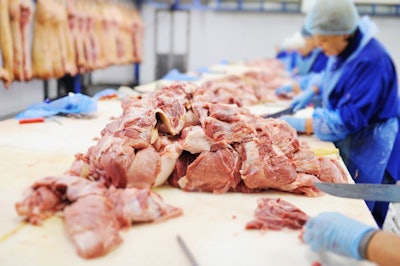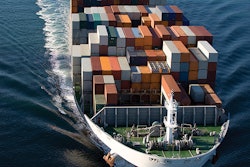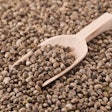
3 areas hit hardest: labor, demand, logistics
The novel coronavirus (COVID-19) pandemic is pressuring pork markets around the world, mainly in three areas: labor; shifting demand; and logistics, distribution and trade, according to a new report from Rabobank.
Meat processing and packing plants have proven to be hotspots for COVID-19 among workers, causing several plants to close due to worker illness, or reducing plant capacity due to social distancing measures. In the U.S. particularly, packing and processing capacity is tight, and producers report that hogs are backing up of their farms as they have a shortage of plants to send them to when they are ready for market.
“We expect the situation to gradually improve as the rate of infections eases in the coming months, and plants are working hard to ensure the timely slaughter of pigs and to limit a backlog of inventory,” Rabobank said in its report.
The shifting demands from foodservice to retail as stay-at-home orders continue and institutional dining establishments are closed have created an imbalance of supply and demand.
“Not all products can be repurposed for food retail, resulting in higher inventory and associated storage costs,” the report said. “The effects of the channel shift will likely remain through 2020.”
The disruption of trade flows due to reduced shipping availability is the biggest challenge for the global pork markets. Rabobank said ship movements between Europe and Asia are down 20%, while ship movements between North America and Asia are down 10%.
The World Trade Organization “has forecast world merchandise trade to decline by 13% to 32% in 2020 due to COVID-19, implying ongoing challenges for trade into 2021,” the report said.
All these factors will have a negative effect on animal protein demand into 2021.
“Considering the need for the recovery of demand through foodservice channels, assisted by labor market recovery, and the need for trade to recover, we currently see animal protein demand remaining down on expectations through 2020 and into 2021,” Rabobank said.
View our continuing coverage of the novel coronavirus (COVID-19) pandemic.











